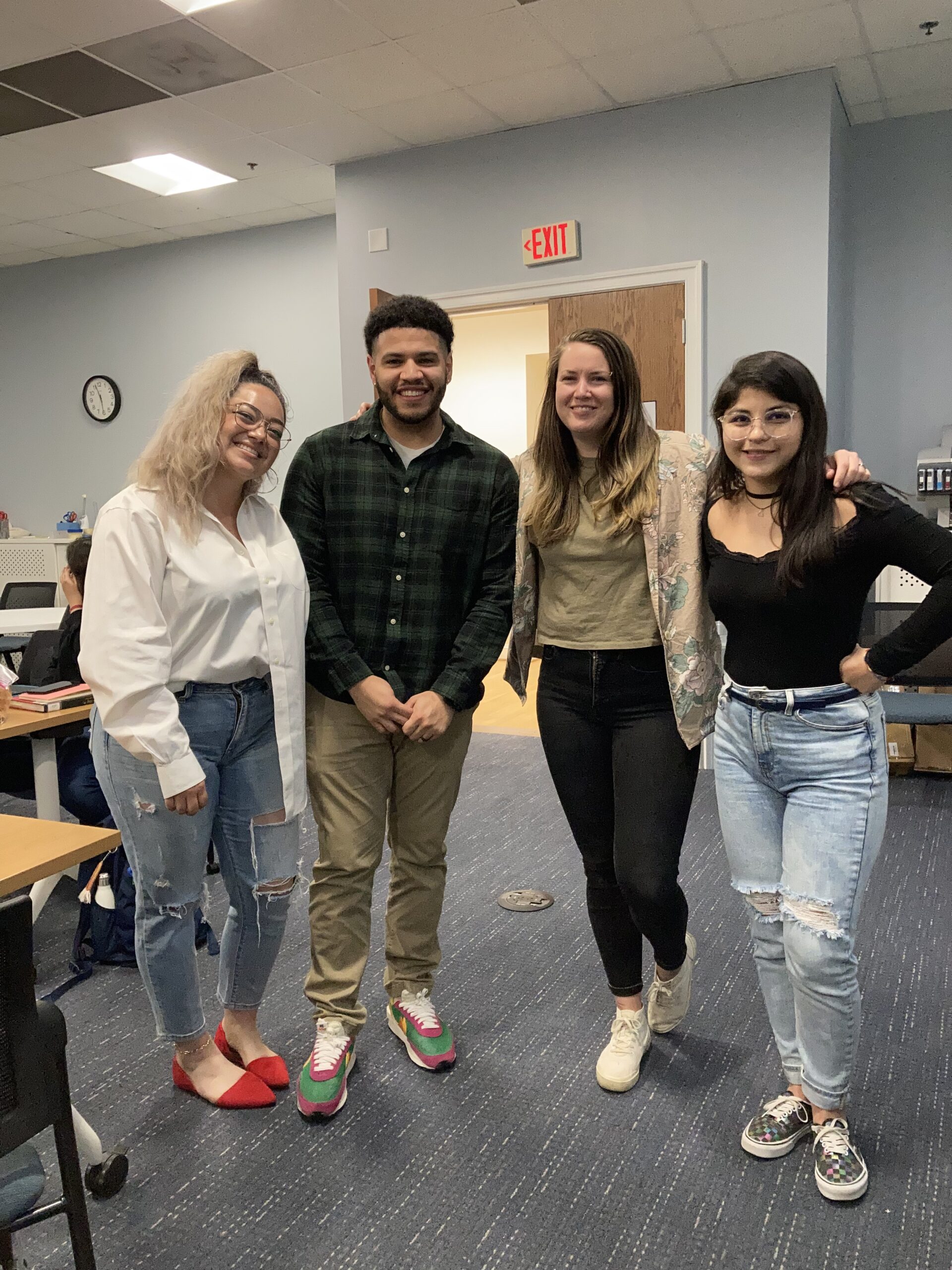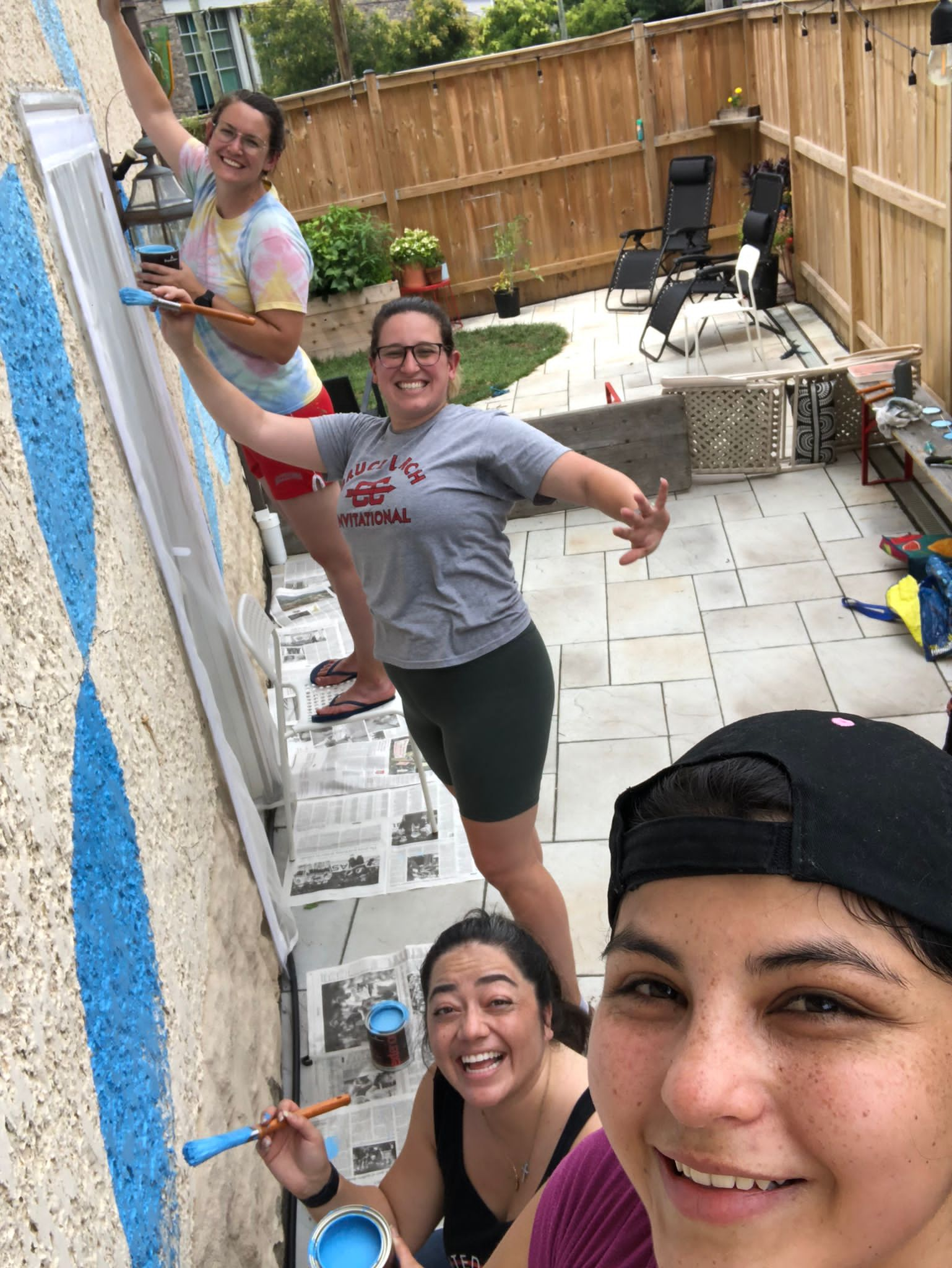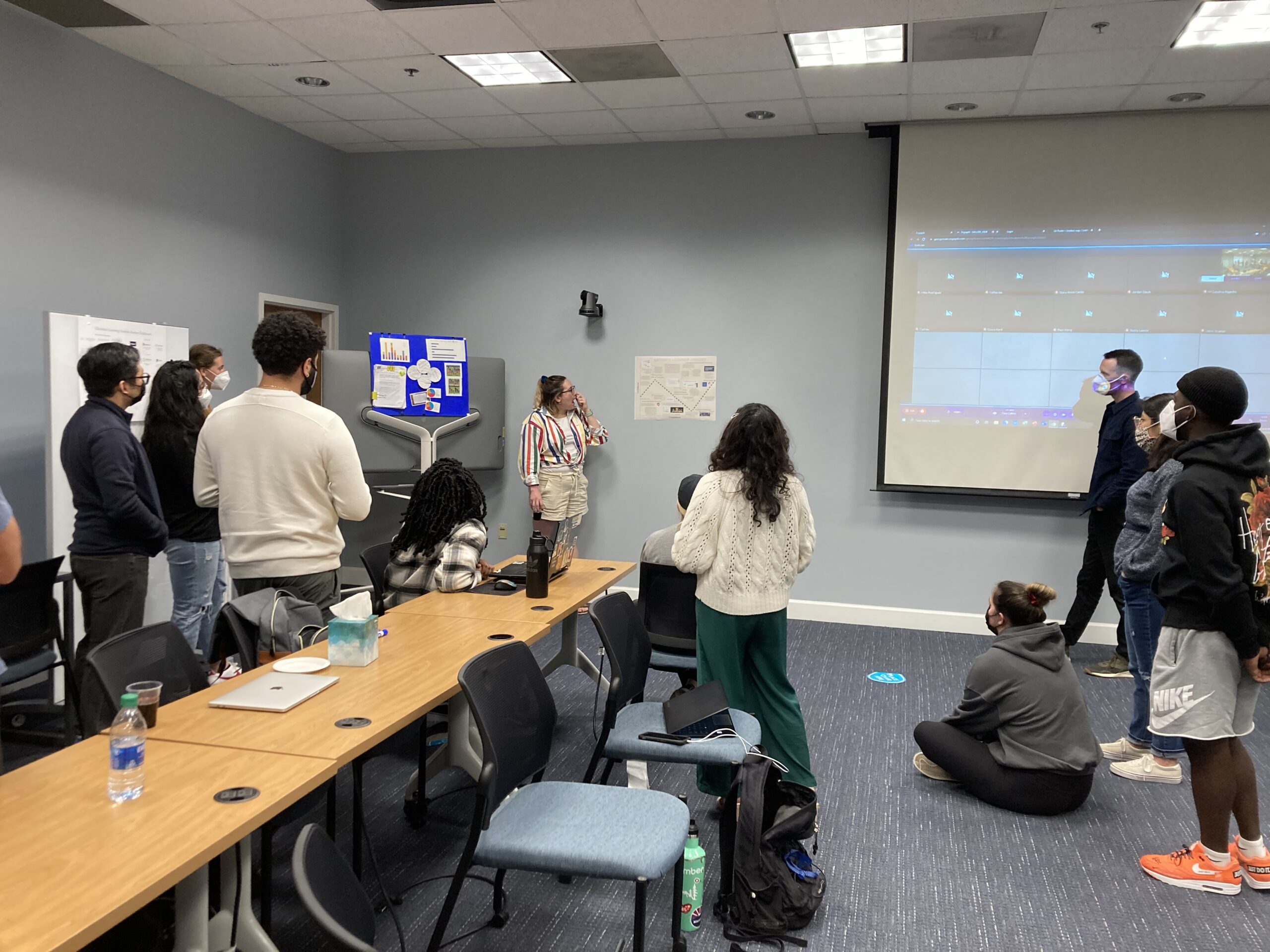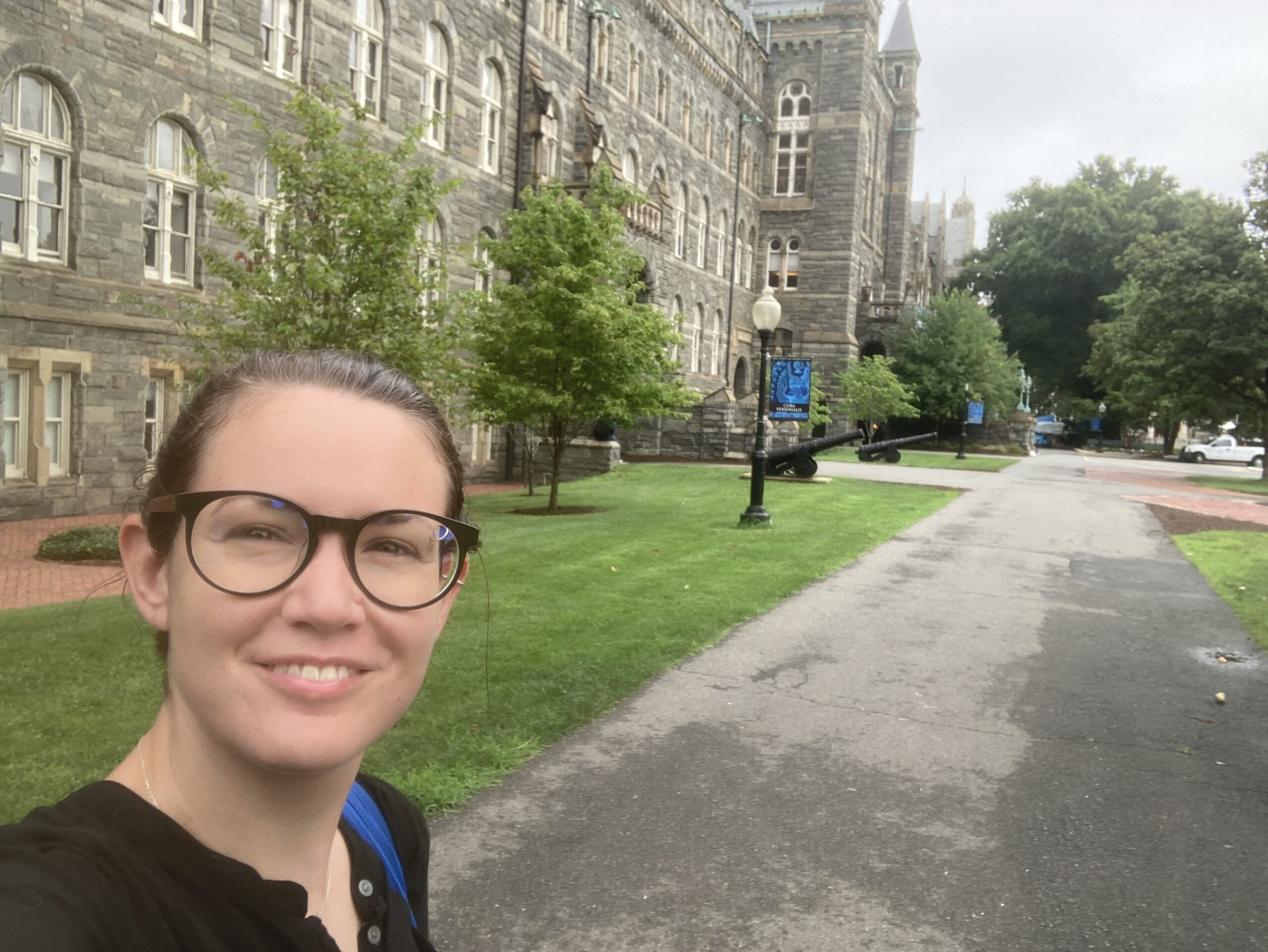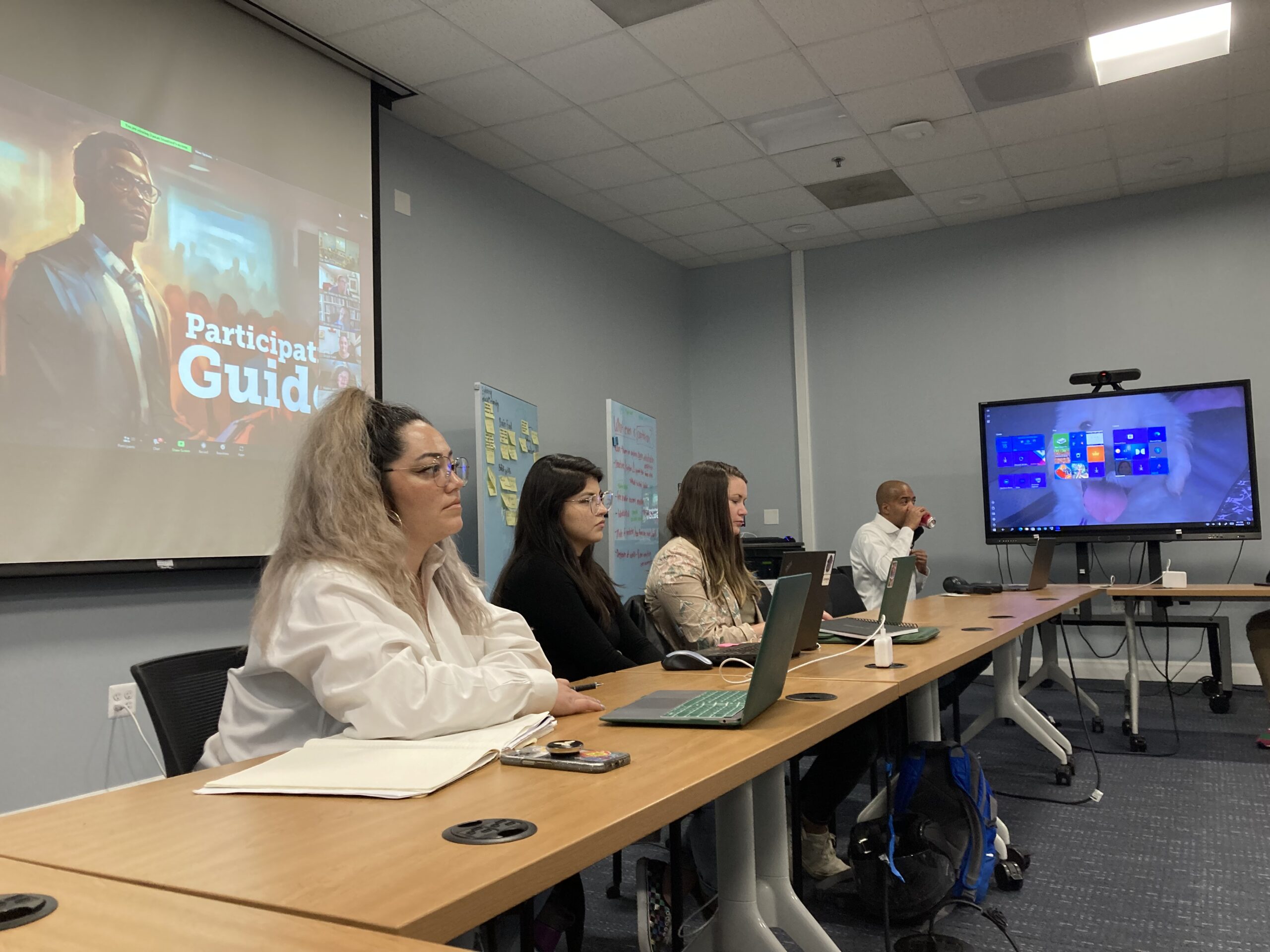Learning, Design, and Technology Portfolio
The Learning, Design, and Technology program at Georgetown University focuses on innovation in higher education, from the level of individual lessons to institutions and the higher education system as a whole. The works selected represent my time in the program–combining by high school background as a teacher with the visionary thinking I gained during my time in the program. Below is a reflection of my learning journey in LDT and the portfolio process.
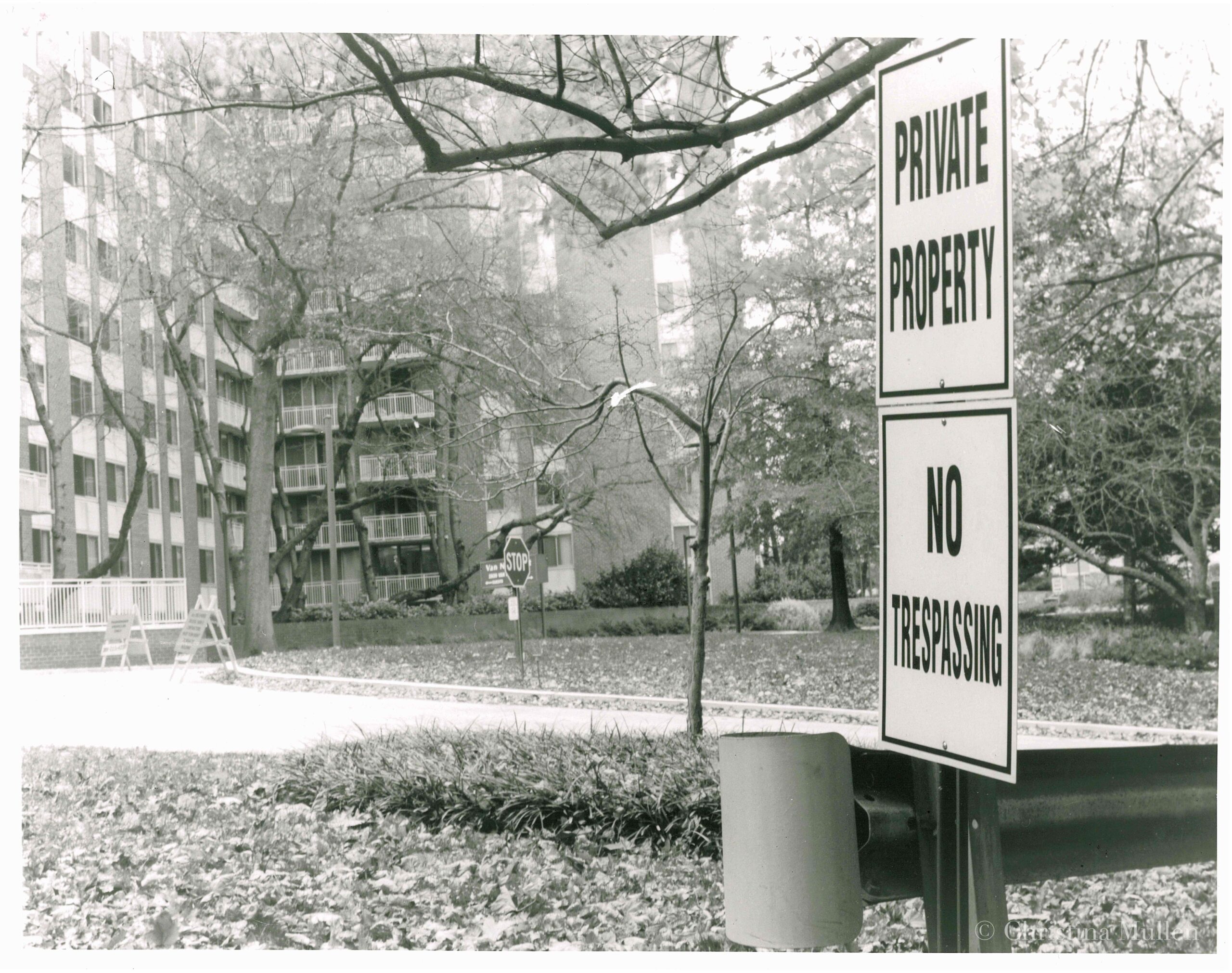
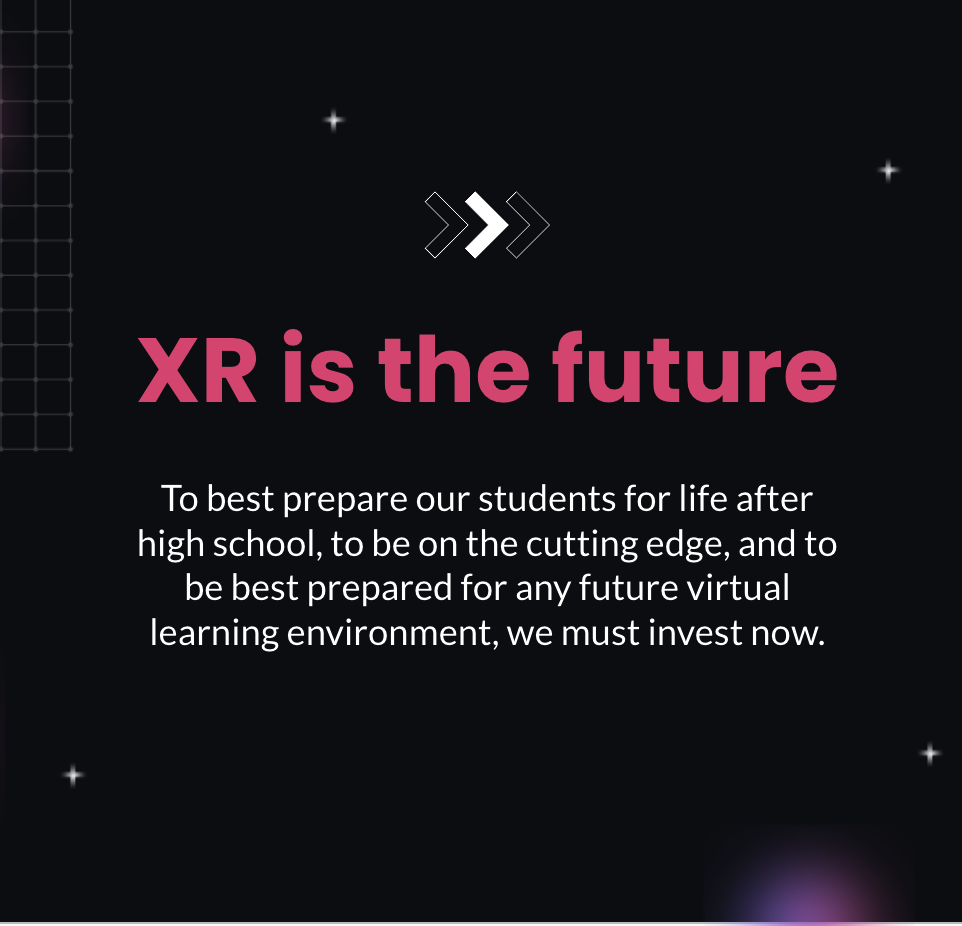
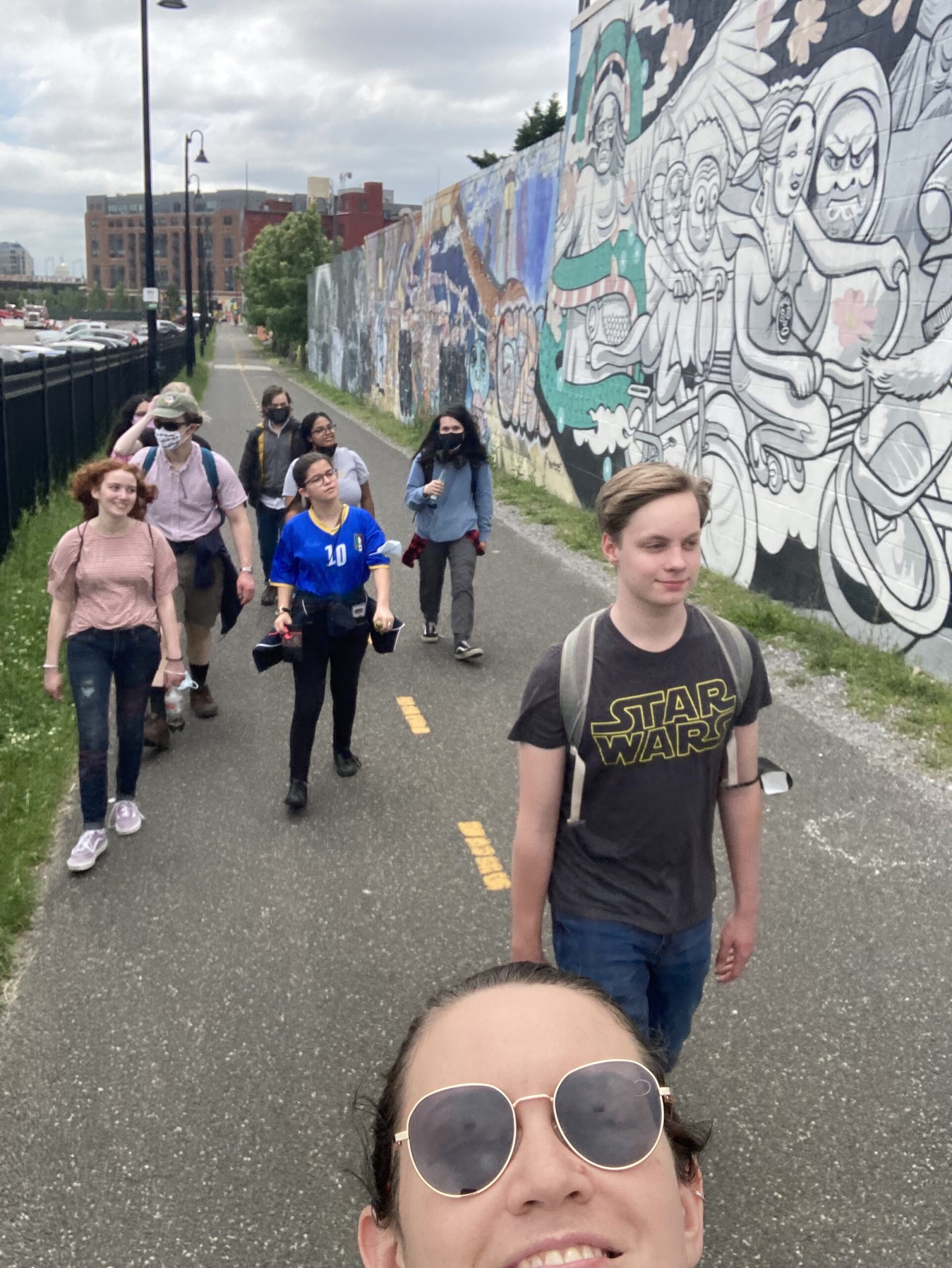
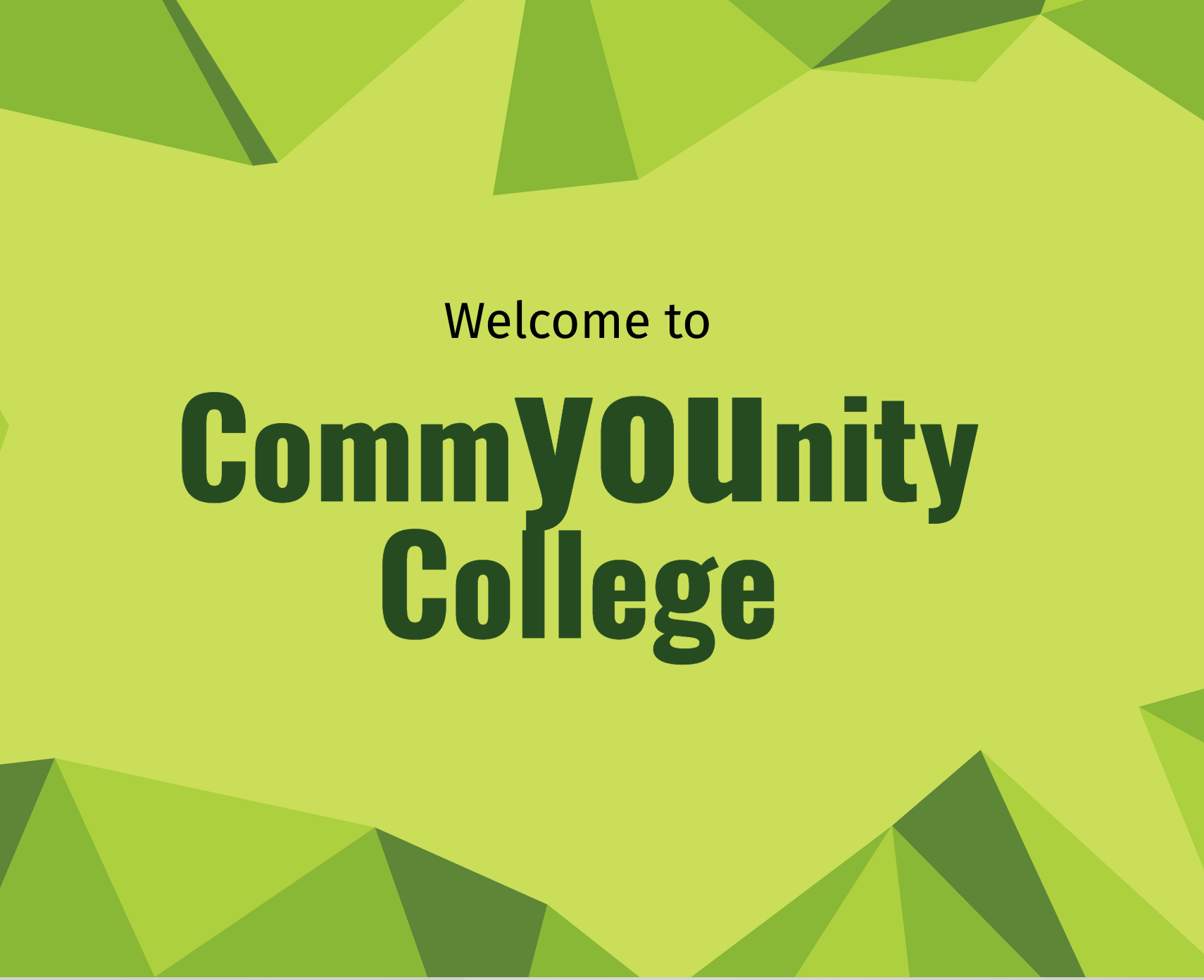
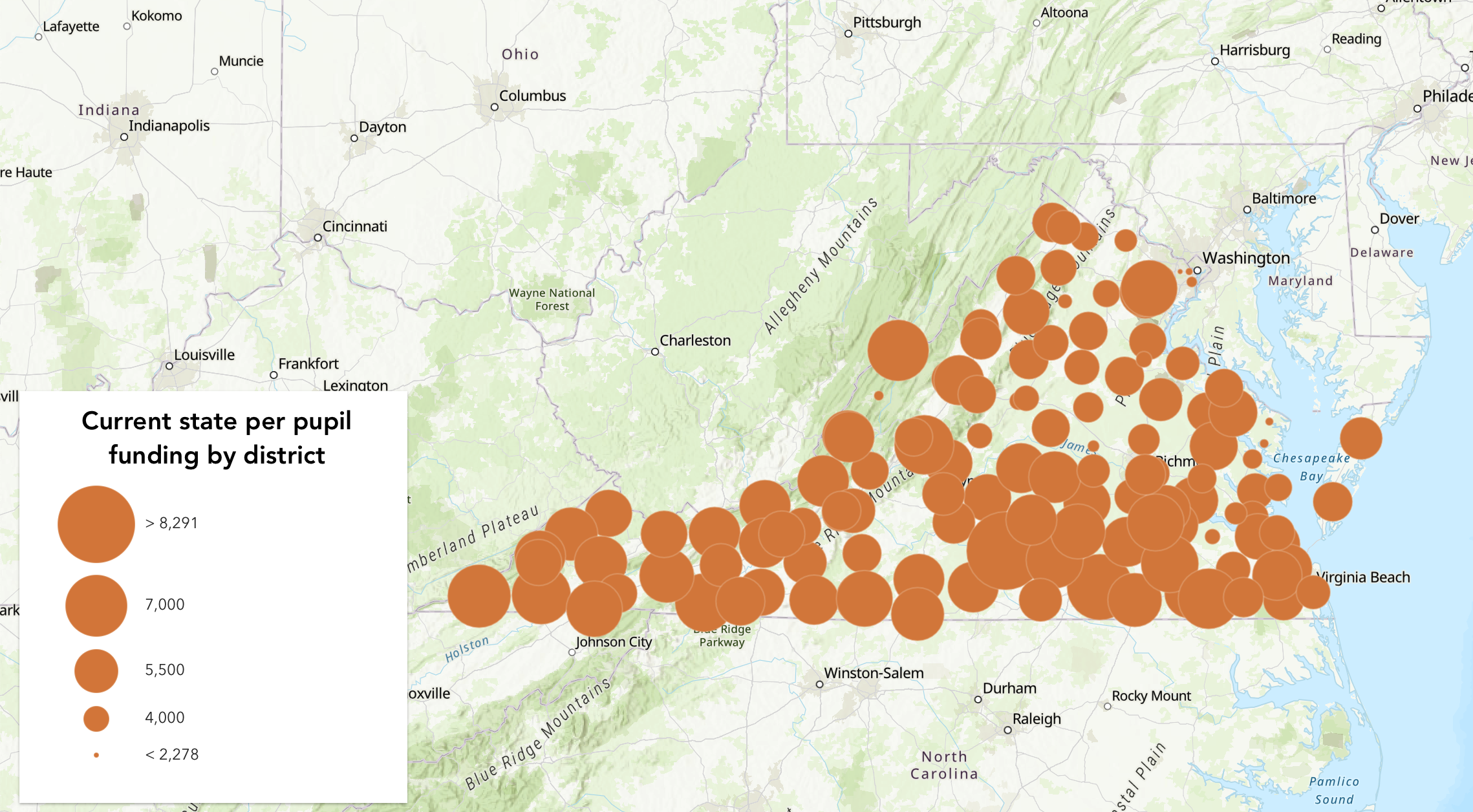
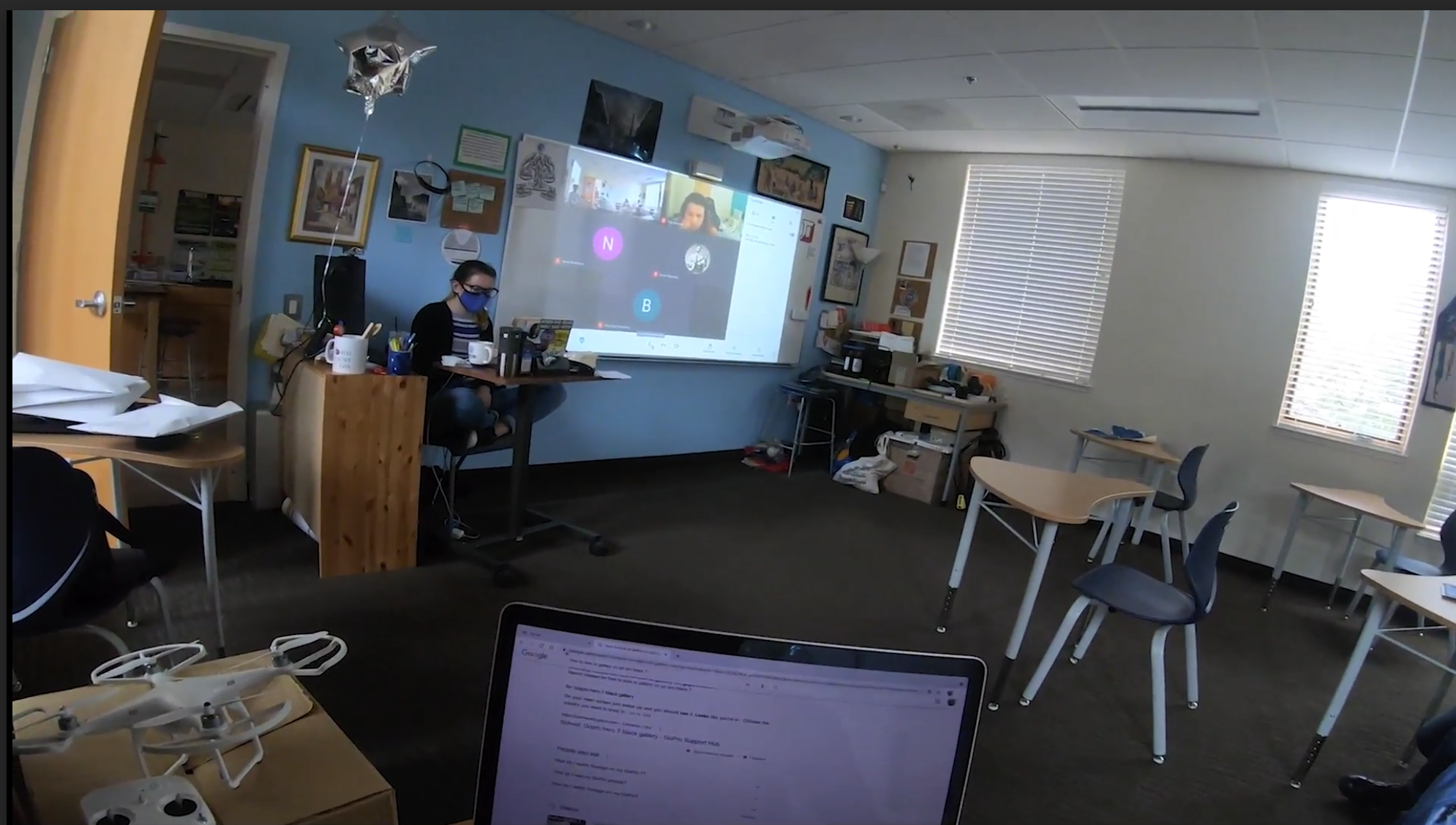
Program Reflection
Let’s start at the beginning–choosing this program for my Master’s degree was always an unconventional choice. During the early years of the pandemic, I was forced into leadership and administrative roles at my school, due to retirements, other staff moving away, and a significant increase in the amount of support teachers needed. After working in the inner circle of my school, I realized that if I want to continue to grow in leadership, I will eventually need an advanced degree. Though I was certainly qualified for my job, I did not have the credentials to match. I am lucky enough to have a mentor at work who encouraged me to look at non-traditional programs for an educator. She made the excellent point that almost everyone in school leadership has a degree in their field or in education. But I could really differentiate myself and develop meaningful and important skills by looking at programs outside of education–maybe law, business or economics. I liked her thinking, but I also wanted a program that would relate to my work as an educator. My heart is still in the classroom and I hope that teaching will always be part of my work. LDT provided the best of both worlds–a degree that built my capacity as an educator and that stood out from others in the field.
I did develop professionally significantly during my time in the program. What ended up being the most valuable to me, however, was the growth in my vision for the future. I’m not sure if it was the pandemic, the day-to-day exhaustion and demand of working in a school, or the increasing responsibilities of adulthood, but somewhere between undergraduate and graduate school, I lost my sense of imagination about what the world could be. My time at Georgetown is largely responsible for bringing that back.
The Work
Though I have now been teaching for almost a decade, I never took formal classes in teaching and pedagogy. I’m lucky enough to work at a school where I can rely on my relationships with students and subject knowledge to succeed in my job. But I was really craving some formal education on how to get students to learn. Taking Methods of Learning and Design in my first semester fit exactly what I was looking for. I know I will come back to the readings we used in that class over and over again over the course of my career. On the flip side, that semester, I took a transformative class–Critical Speculative Design for Anti-Racism. While these two courses were quite different, they confirmed that I was in the right program. One provided practical skills and opportunities to design real learning engagements, while the other forced me to thinking beyond what is currently possible in our world. I got exactly what I needed.
In some ways, I think I peaked too soon, as the rest of my coursework felt less relevant to the path I wanted to go on. I knew this would be a trade-off by attending LDT versus a traditional education program. Not every class was going to be perfectly relevant (and I’m sure this is the case for most graduate programs). However, my goal throughout the program was to find ways to relate it back to the work I am currently doing and hope to do in the future. Finishing the program with a systems-based class in University as a Design Problem and a course outside of LDT, which looks at the complexity of governance in K-12 education, really brought my time at Georgetown full circle.
I feel incredibly proud of several projects that I created during my time at LDT. I did not include every project that I loved in my portfolio, as they did not all speak to the skills and abilities I’m trying to showcase. Some that I did not include were a self-help guide, though I envision this going into my “Implemented Designs” section, my original learning engagement from Methods, and several smaller projects for Bryan’s two classes. I’m very grateful for two aspects of the work in LDT–first, that I have so many diverse projects to showcase and second, that I was able to create a variety of different types of projects during my time. Being able to submit a podcast, rather than a paper, meant that I could learn how to use different technology and play with some different formats that I would likely not have tried anywhere else.
The People
Though the scholarship and production have been highly educational, what has truly made my time at Georgetown meaningful and transformative have been the people. Each instructor I had seemed invested in my work and progress in their class. A few people particularly impacted me over the course of my time in LDT. Both Maggie Debelius and Yianna Vovides made me feel welcome and supported from the first day on campus. Ijeoma Njaka helped push me to see the value of art as a form of expression and scholarship. David Ebenbach is the reason I can claim “Artist” on my homepage. Lee Skallerup-Bessette helped me to confidently portray myself and my digital presence. Certainly, each teacher I had helped me learn and grow, but these five in particular, helped what I would describe as a personal transformation I experienced in the last two years.
I feel so lucky that I was able to participate in my classes primarily in person, with the flexibility of online classes when I needed them. Though LDT does a better job than most places of managing the hybrid classroom, I personally struggle to learn online, both synchronously and asynchronously. I know that many recent LDT alumni did not have that option and had to attend online for a significant amount of their education. Though it certainly helped my education, it also helped me build community. I have learned so much from my peers. From Catalina, I have learned to think about how to incorporate the greater community in my work. Through his own work and actions, Mike reminds me to bring care and consideration of the people around me. Jordan has taught me the power of slowing down, especially when speaking, and thinking carefully about my path moving forward. From Frankie, I’ve learned to always keep an eye on equity and inclusion and to ask: “whose voice are we not hearing?” She, along with Lauren, have helped me grow in my self-advocacy and not being afraid to ask for help or speak up when something is not working. Teddy showed me how to incorporate humanity into data, which can feel so impersonal. Nafisa has helped me to see the beauty in every day and the possibilities of what our world can be. And there are so so many more classmates that have helped me on my journey, just by contributing their own viewpoints and work. My time at LDT was so rich because of the people.

